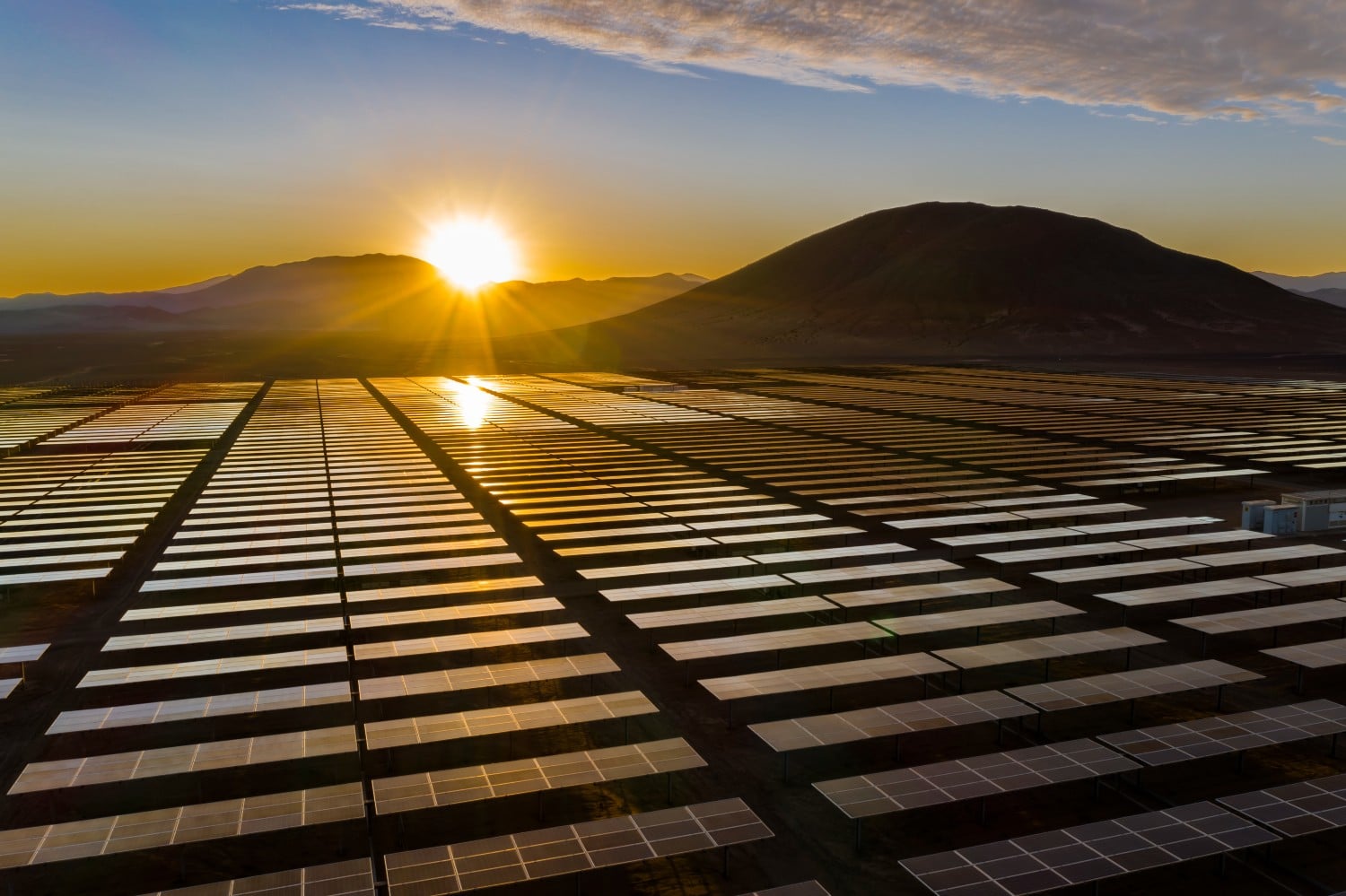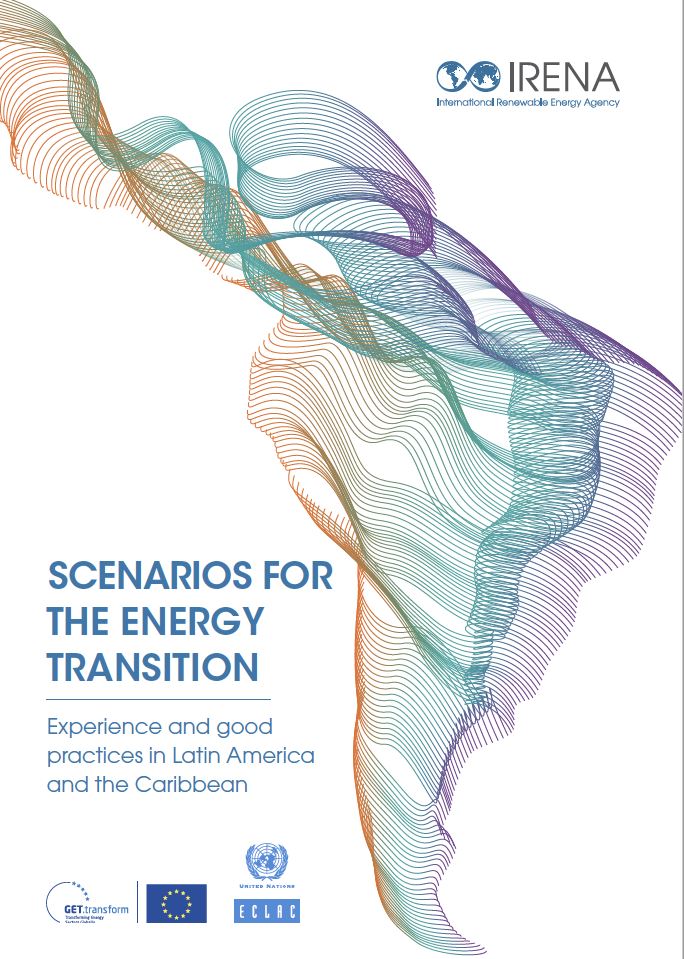Energy scenarios developed in Latin America and the Caribbean (LAC) are not limited to technical and economic parametres but increasingly include social and environmental factors that reflect the complexities of a clean energy transition. This is one of the findings recognised in the report “Scenarios for the Energy Transition” which provides key conclusions from the webinar series Long-Term Energy Scenarios (LTES) for Developing National Clean Energy Transition Plans in Latin America and the Caribbean. The series was jointly organised by IRENA, UN ECLAC and GET.transform in 2021.
Bringing together government energy planners in the LAC region, the webinar series furthered the exchange of knowledge and best practices in the development and use of energy scenarios. In total, 14 countries shared insights into their energy scenario and planning processes: Argentina, Brazil, Chile, Colombia, Costa Rica, the Dominican Republic, Ecuador, El Salvador, Guatemala, Honduras, Mexico, Panama, Peru and Uruguay.
Next to new methodologies and capacity building to improve the availability of energy statistics, a common ingredient identified for rendering scenarios more reliable across the region lies in multi-stakeholder engagement. There is growing emphasis on participatory scenario development with many countries seeking to build consensus on a long-term vision early, and going beyond immediate energy sector representatives.
Access the full findings by downloading the report in >English or >Spanish.



